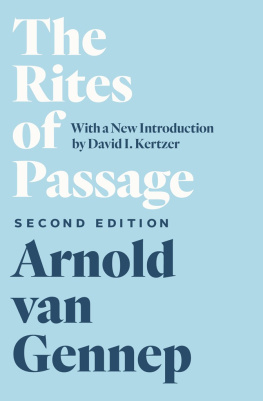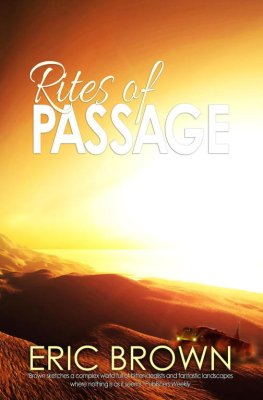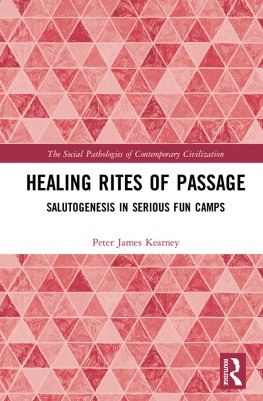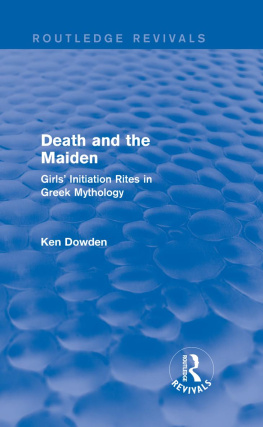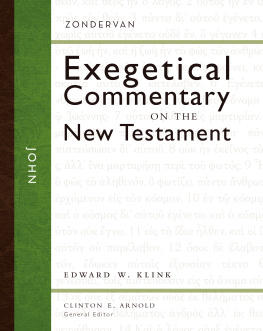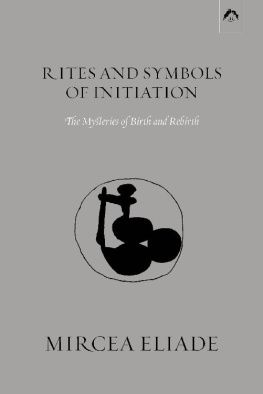The University of Chicago Press, Chicago 60637
The University of Chicago Press, Ltd., London
Introduction 2019 by David I. Kertzer
Translation 1960, 1988 by Monika B. Vizedom and Gabrielle L. Caffee All rights reserved. No part of this book may be used or reproduced in any manner whatsoever without written permission, except in the case of brief quotations in critical articles and reviews. For more information. contact the University of Chicago Press, 1427 E. 60th St., Chicago, IL 60637. Published 2019
Printed in the United States of America
28 27 26 25 24 23 22 21 20 19 1 2 3 4 5
ISBN-13: 978-0-226-62935-3 (cloth)
ISBN-13: 978-0-226-62949-0 (paper)
ISBN-13: 978-0-226-62952-0 (e-book)
DOI: https://doi.org/10.7208/chicago/9780226629520.001.0001
Library of Congress Cataloging-in-Publication Data
Names: Gennep, Arnold van, 18731957, author. | Vizedom, Monika B., translator. | Caffee, Gabrielle L., translator.
Title: The rites of passage / Arnold van Gennep ; translated by Monika B. Vizedom and Gabrielle L. Caffee ; with a new introduction by David I. Kertzer.
Other titles: Rites de passage. English
Description: Second edition | Chicago ; London : The University of Chicago Press. 2019. | Includes index.
Identifiers: LCCN 2018057481 | ISBN 9780226629353 (cloth : alk. paper) | ISBN 9780226629490 (pbk. : alk. paper) | ISBN 9780226629520 (e-book)
Subjects: LCSH: Rites and ceremonies.
Classification: LCC GN473 .G513 2019 | DDC 392dc23
LC record available at https://lccn.loc.gov/2018057481

This paper meets the requirements of ANSI/NISO Z39.48-1992 (Permanence of Paper).
INTRODUCTION
David I. Kertzer
Few books in anthropology have had as much influence as Arnold van Genneps Les rites de passage, originally published in France in 1909. Yet, it was only with the publication of the English-language edition of the book in 1960 that this influence began to be fully felt. Even now, well over half a century since the translation was published, hundreds of scholarly publications in a vast array of disciplines refer to the book every year. Nor has the books impact been limited to academic circles, for few concepts from the scholarly literature have entered into popular parlance as fully as van Genneps rites of passage. The notion that an individuals life consists of a series of transitions, structured by the society one lives in, and that these consist of three stagesseparation from the old role, a liminal period between roles, and then the assumption of the new rolehas become so commonplace that relatively few who use the phrase are aware of its origin.
Considerable credit for launching the book into the academic stratosphere is due to Solon Kimball, the American anthropologist who proposed publication of an English-language edition to the University of Chicago Press, oversaw its translation from the French, and wrote the introduction to the volume. In that introduction, Kimball set out to describe the intellectual climate in which van Gennep worked, summarize the books main ideas, and assess its influence on the social sciences. The huge influence that the book has had since Kimball attempted that task would itself justify this new introduction, but it is not the only reason. Kimballs brief introduction left much to be desired in placing van Gennep and his book in historical context, and recent work has brought to light tensions within French academic life, unmentioned by Kimball, that had a great effect on van Genneps career. Inevitably, too, Kimball presented van Genneps text in accordance with the theoretical preoccupations of Kimballs time, which makes his introduction now seem dated. Finally, there are some aspects of the translation itself that bear scrutiny, particularly the renderings of van Genneps text that themselves have had a significant influence on scholarly uses of the book.
Arnold van Gennep
Arnold van Gennep remains a strangely shadowy figure. Victor Turner, who has done much himself to spread the influence of Rites of Passage, introduces him as a Belgian ethnographer, yet van Gennep was born in 1873 in Germany, his father a descendant of French immigrants to Germany, his mother of Dutch descent.
In 1897, van Gennep moved to Poland, where he taught French at a high school before returning to Paris four years later to accept a position as head of translations for the Ministry of Agriculture. While working at the ministry he continued his studies at the cole Pratique. His two-part thesis became his first two books: Tabou et totmisme Madagascar in 1904 and, two years later, Mythes et lgendes dAustralie, an annotated collection of Australian myths and legends translated into French. Both were based entirely on library sources.
It was while writing Rites de passage in 1908 that van Gennep decided to quit his job at the ministry to devote himself full-time to his scholarly activities. Living in spare circumstances at his home outside Paris, he would support himself and his family for most of the rest of his life through the modest income afforded by his writings and translations.
Van Gennep undertook his only non-European fieldwork in two separate two-month field trips to the French colony of Algeria in 1911 and 1912. At the end of his second trip, he moved to Neuchtel, Switzerland, to accept the only university faculty position he would ever have. Three years later, in the midst of the First World War, he was dismissed, apparently due to his criticism of the Swiss government for what he regarded as its pro-German position.
Exhausted and jobless upon his return, van Gennep briefly tried chicken farming in the south of France before settling back into his modest quarters at Bourg-la-Reine, outside Paris. There, where he remained for the rest of his long life, visitors would be struck by the contrast between his outsized scholarly productivity and reputationhe had by this time published fifteen books and over 160 articlesand his impoverished circumstances. Recalling a colleagues comment about the shame he felt at seeing a man of van Genneps brilliance living in such penurious straits, British anthropologist Rodney Needham railed against the professional neglect of a man of van Genneps capacities, which he deemed an academic disgrace.
Shortly after the 1920 publication of Ltat actuel du problme totmique (The current state of the totemism problem), van Gennep turned away from traditional anthropological topics to devote himself exclusively to French folklore studies. He would become one of the most influential figures in the development of the academic study of folklore in Europe, although by the study of folklore he simply meant, as he put it, the ethnography of European rural populations, nothing else. Indeed, one of the principles by which he often organized his French folklore studies was the series of life course transitions he had examined in Rites de passage.
Van Gennep, Durkheim, and Mauss
 This paper meets the requirements of ANSI/NISO Z39.48-1992 (Permanence of Paper).
This paper meets the requirements of ANSI/NISO Z39.48-1992 (Permanence of Paper).
